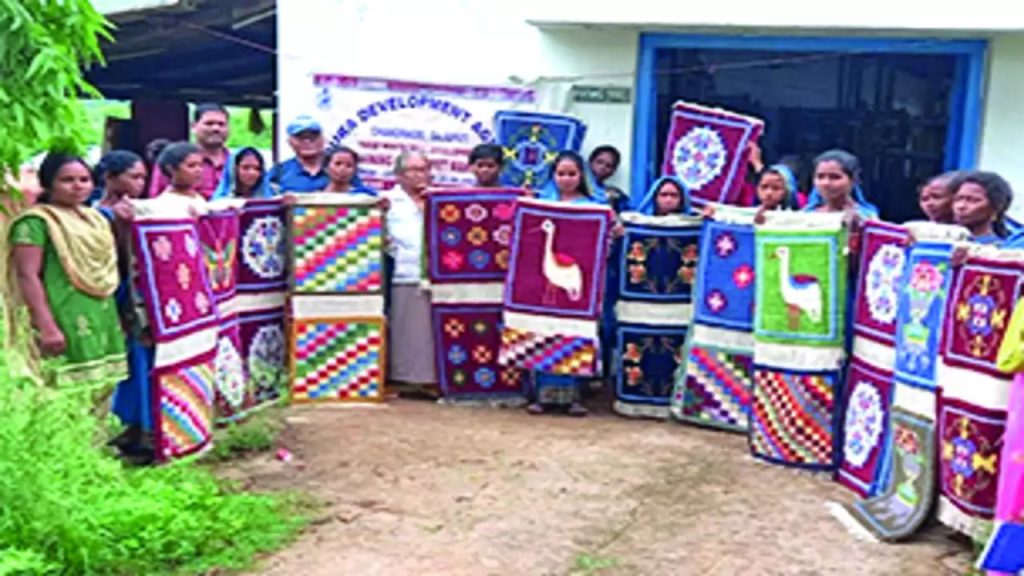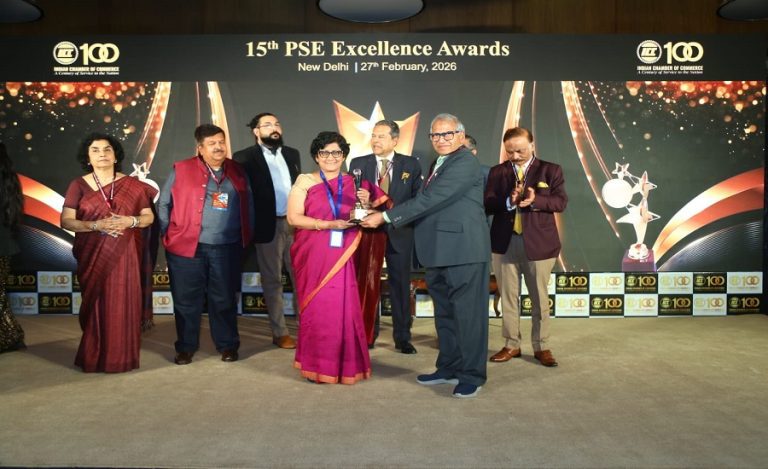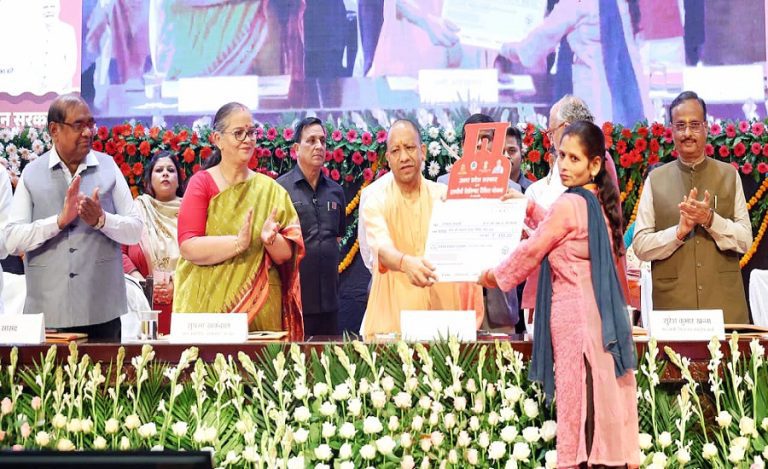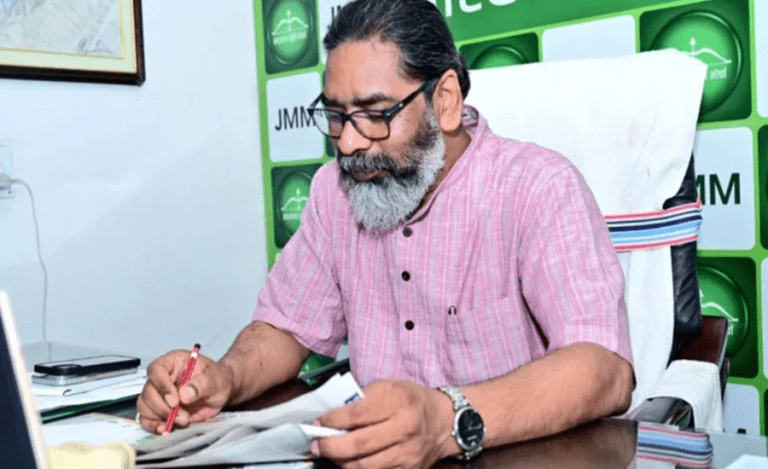Nestled in a fertile green plateau of the Eastern Ghats is Odisha’s Tibetan settlement in Chandragiri in the neighbouring Gajapati District. Known as the Phuntsokling Tibetan Settlement, the residents here are refugees who fled to India along with the Dalai Lama. Set up in 1963 in five camps, the 2,500-strong community has harmoniously blended with the surroundings and the local populace.
Chandragiri was once famous for its Tibetan carpets, which were handwoven and produced by immigrant Tibetan families who had settled in the state. People from all over the country praised its beauty and visitors who came never left without purchasing at least one Tibetan carpet. However, unfortunately, the craze for the carpets is slowly dying with the increase of urbanization.
To regain the Tibetan glory of the state, 2015 batch IAS officer Lingraj Panda, the District Magistrate of Gajapati, with Mr. Banamali Bhuyan, Special Officer, and Mr. Sridhar Sahu, Project Manager, OPELIP, SDA, Chandragiri, organized three-month training workshops for the weavers and the craftsmen so that they could benefit in the process.
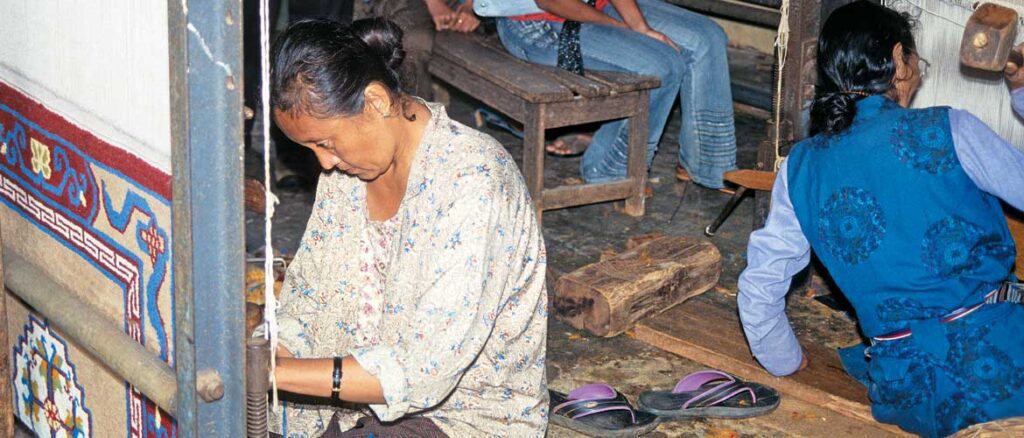
BRINGING BACK TIBETAN GLORY
The Tibetan settlement had been struggling financially for a long time before they decided to move on from the place to big cities, in search of better job opportunities and means of livelihood. Due to this, the traditional hand-weaving of beautiful carpets sat on the back burner and the craftsmanship was slowly meeting its end.
“Our focus was to regain the Tibetan carpet glory by also involving our primitive tribal group, the Sora community, in it,” said the officer talking to the Indian Masterminds.
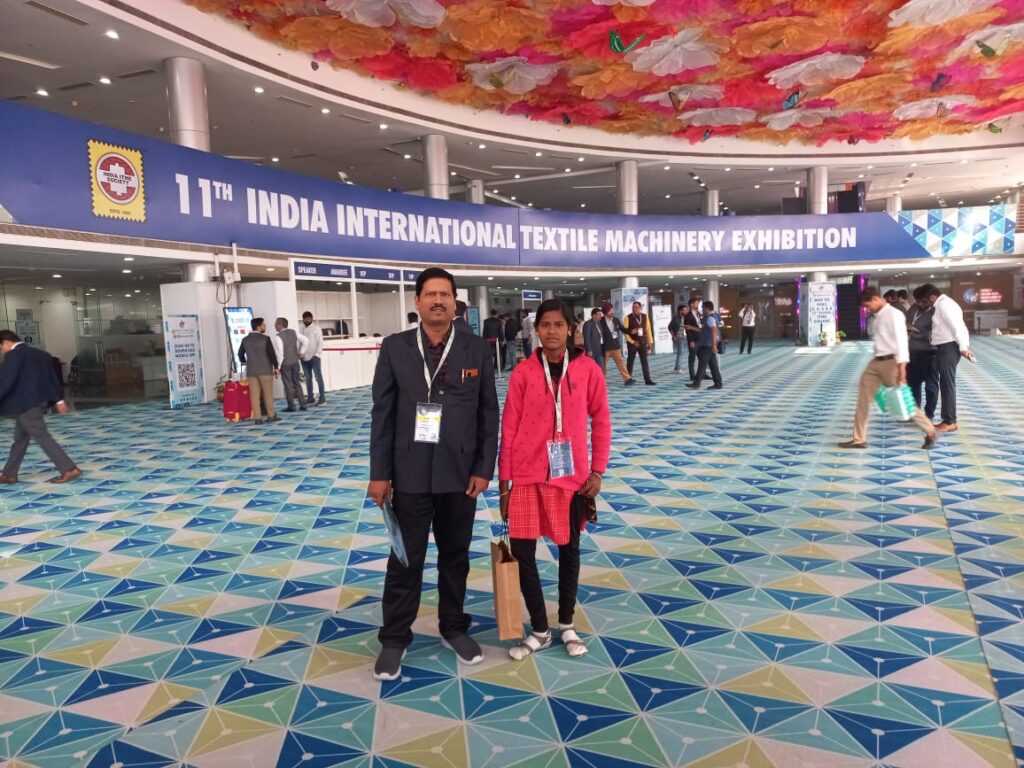
THREE-MONTH TRAINING
In order to bring his plan to work, Mr. Panda involved 20 Tibetan craftswomen and organized a three-month Skill Development Training where these women will train several others in the art of making a traditional Tibetan carpet.
For this, he involved two master trainers from Tibetan families and engaged the Tibetan Multi-Purpose Cooperative Society’s meeting hall to organize the training workshop. Once the three-month training of the artists got over, depending on the craftsmanship of the artists, they were called in to produce the carpets and the results were astonishing!
“The tribal producers who got involved in farming and other activities and never saw the world out of their districts are now involved in carpet making and they are truly doing wonders in the business. I am extremely happy that we have been able to revive the skill,” Mr. Panda told Indian Masterminds.
Speaking of a local girl who had to drop out of school early in her childhood, Mr Panda said that she attended their three-month training at the meeting hall and has since perfected her skills and become a master trainer. Now she is training others like her in the art of hand-weaving carpets.
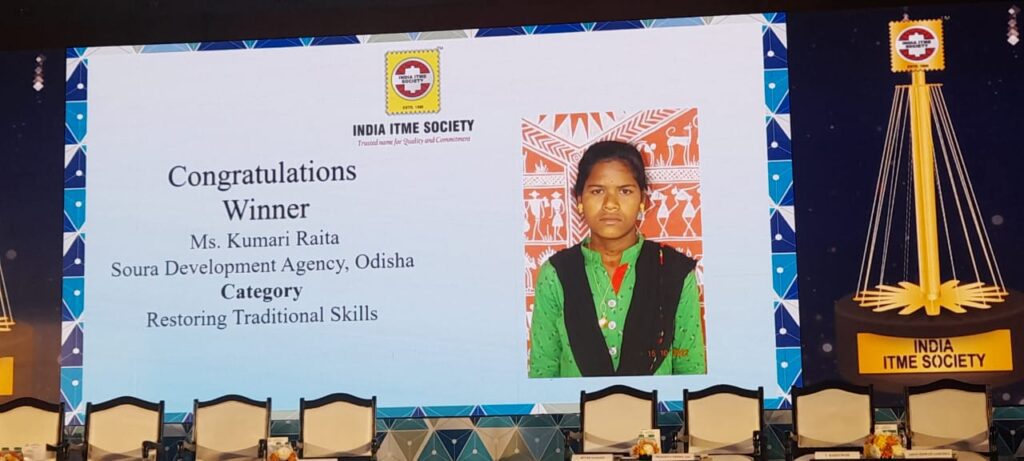
PARTICIPATING IN AN EXHIBITION
In the meantime, the officer planned to nominate the name of one of the beneficiaries, Kumari Raita, of Sora Development Agency’s program – Odisha Tribal Empowerment and Livelihood Program for the Textile Missionary, Restoring of Cultural and Traditional Skills under the Textile Maestro, and Woman Empowerment Awards distributed at the India International Textile Machinery Exhibitions Society, or the ‘India ITME Society’, a non-profit apex industry body, with the sole motto to support and serve the Textile Engineering Industry through Exhibitions and Events, taking place in Greater Noida.
She was chosen to receive the awards, bringing the district great pride. The officer and his team were also present at the 11th India International Textile Machinery Exhibition to witness the momentous occasion. Ratna was given a cheque for Rs. 1 lakh as prize money, which will be very useful to her. Textile maestros from over 50 countries attended the exhibition, and it was an honour for her to receive the award in front of so many professionals.
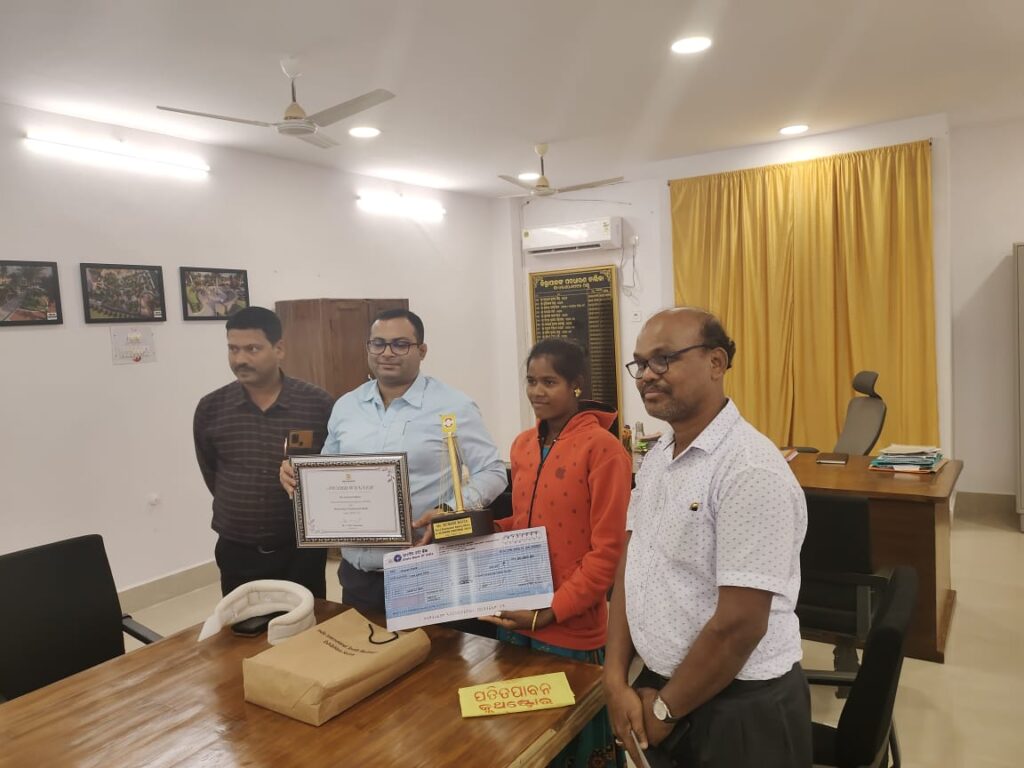
“It was a one-of-a-kind experience to witness a young girl who had to drop out in class 5th and who was not even able to communicate confidently and express her opinions, finally accomplish such a big achievement. She has become a master in her skills and is also imparting training to other artists from her village,” he told Indian Masterminds.
Mr. Panda’s continuous efforts have truly helped in regaining the long-lost glory of the Tibetan culture of carpet making in the district.

